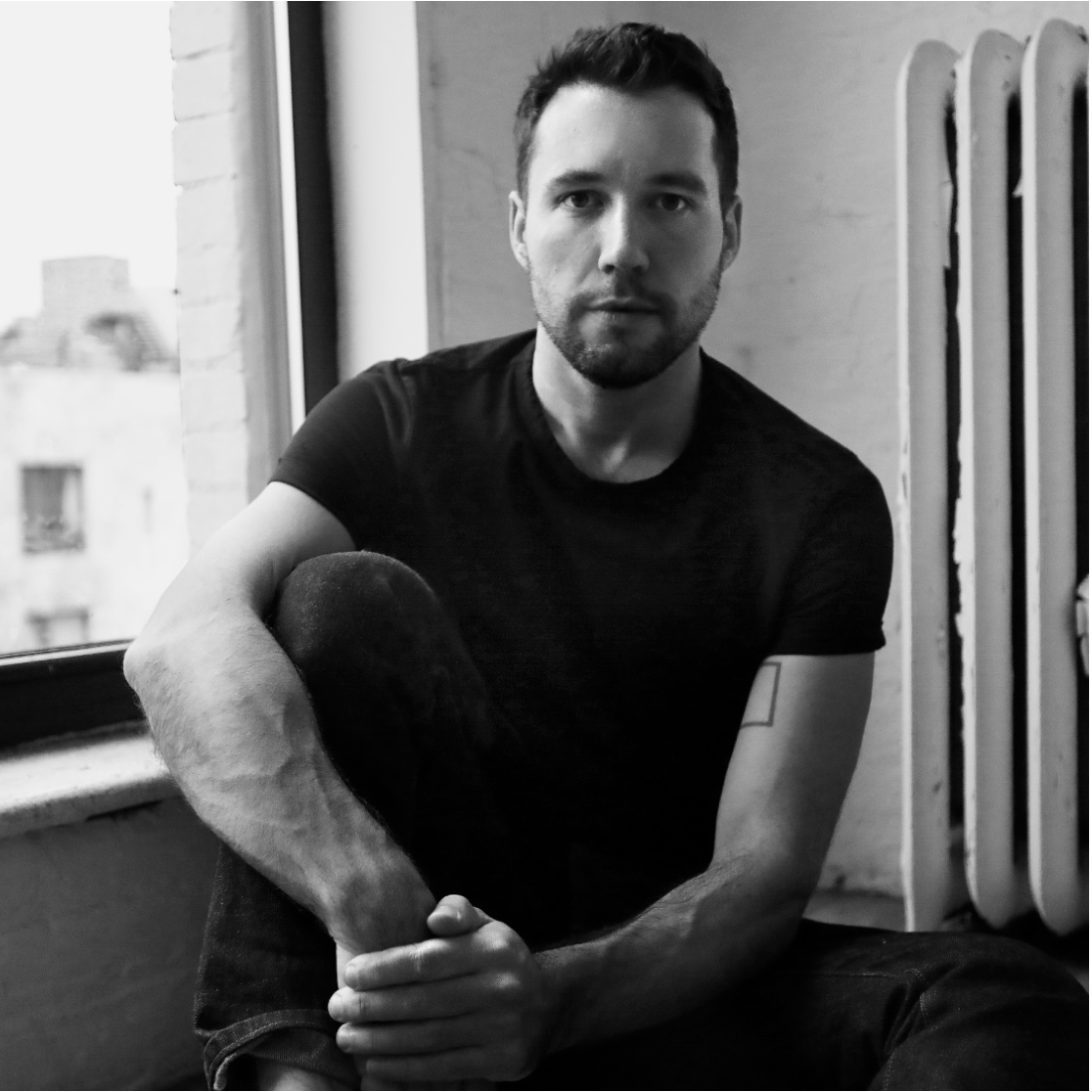
For Document’s Winter 2021/Resort 2022 edition, we consider the possibilities and complexities of radical creativity in an age of rapid technological progress. Could artificial intelligence change how we make, possess, and experience works of art? Is creativity innate and singular, or is it best generated in community with others? What is the place of human emotion in an age governed by reason?
In this issue, actor Kristen Stewart and director David Cronenberg reflect on their shared belief that the technology we create is far from alien—it’s a reflection of who and what we are. Muses Stewart, “If you completely and utterly zoom out and look at us as if you were looking at a beehive or something, there’s nothing inorganic… If I were to stumble into, like, a society of ants, everything that they make is of them. If you just zoomed out on us, it’s still the same thing.” Writer Tao Lin claims, in a parallel vein, that technology is heavily driven by what scientist Riane Eisler coined ‘dominator’ culture—and what that culture believes in any given era. He uses competing cosmologies as example, writing that “culture affects what ‘makes sense’ to scientists,” and that credibility and funding are oftentimes awarded to the theories that best-maintain the dominator’s status quo.
Later on, in conversation with filmmaker Miranda July, actor Margaret Qualley speaks about the tangibly transportive capacities of creative expression: “Your body doesn’t really know the difference between real and pretend. So when you’re acting, you’re still crying and doing the thing, and you’re like, ‘Whoa, I’m exhausted.’” July echoes the sentiment, saying, “There is always an aspect [to film direction] where I’m like, My inability to really deal with this world is the whole reason I got into making things for a goal. You want the altered state.”
‘Creativity’ is more than just artistry; it can also be understood as a material technological invention, or a theoretical disruption to our way of life. Scientific progress has historically gone hand-in-hand with periods of intellectual awakening. When Galileo first pointed a telescope skyward at the start of the 17th century, it wasn’t just a pivotal moment in the course of astronomy and modern science. The realization that Earth was not the center of the universe called into question everything about ‘reality’ as our senses were capable of understanding it. Consider the work of experimental musician Holly Herndon, whose collaboration with artificial intelligence poses the destabilizing question, “Who owns the voice?” In an era when voices can be emulated by machine learning algorithms, ideas around intellectual property are bound to shift—yet Herndon remains optimistic. “I think it’s important that we approach [new technology] with caution and with criticism, but not with cynicism,” she tells Document. Says Oneohtrix Point Never—in conversation with fellow musician Charli XCX—on the topic of advancing recording technology’s state of affairs, “Experimental isn’t a sound or difficulty level attributed to comprehending some piece of art. It’s an attitude of bravery in the face of market-generating clichés from captured old braveries.”
The Enlightenment thinkers embraced the new unknowability of our existence, discovering infinite possibilities for human progress in the notion that empirical evidence was no more deserving of blind faith than the God of the Catholic Church had been—and, by challenging existing ideologies, fueling the scientific revolution in turn. As the legendary performance artist Marina Abramović puts it, in conversation with Miles Greenberg, “It doesn’t matter if it comes from fashion, from cinema, from astronauts, from science, from art. There are people who are inventing, who invented a different vision of the world, and the ones who follow.”
Document Journal Winter 2021/Resort 2022 Issue No. 19 is available for pre-order now. New covers will be unveiled over the coming weeks.


















